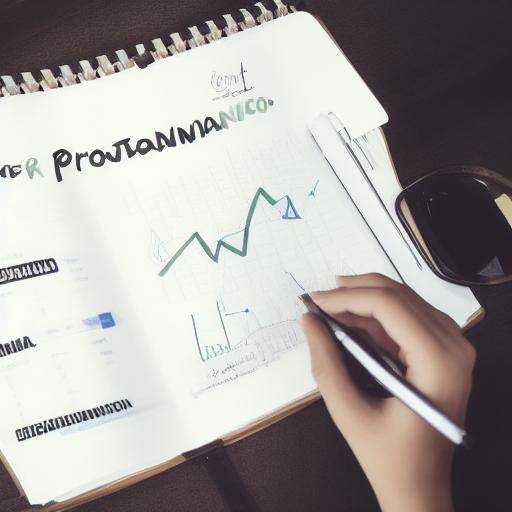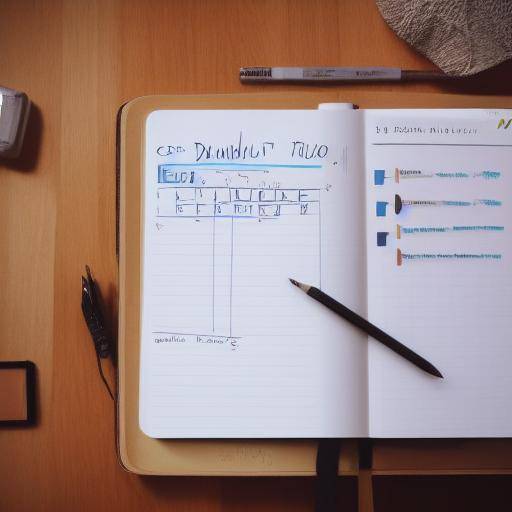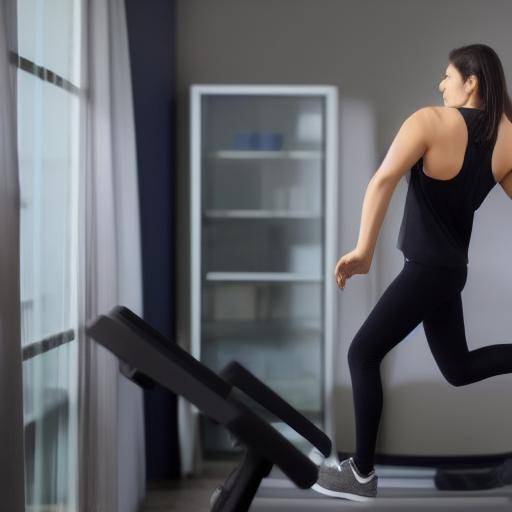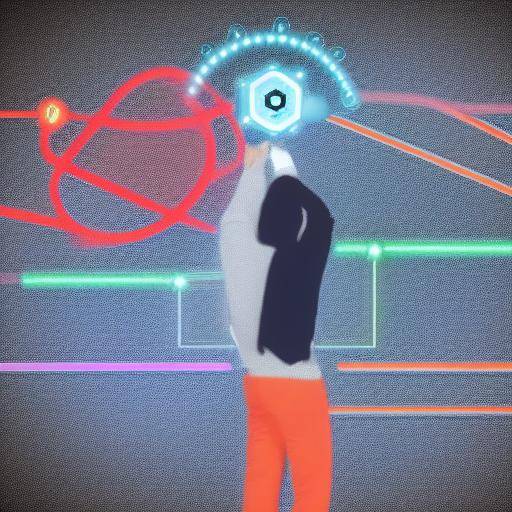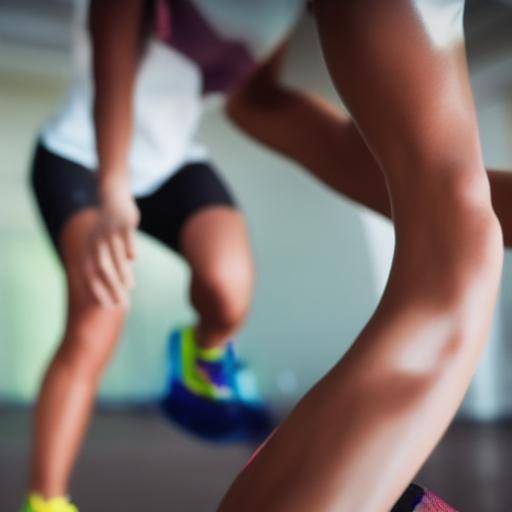
Physical activity is a crucial part of maintaining optimal levels of energy and productivity in our daily lives. In this article, we will thoroughly explore how physical exercise influences our energy levels, how we can maximize its impact on our productivity and the benefits of adopting an active lifestyle. From its history and evolution to practical advice, perspectives of experts and future trends, this comprehensive guide will provide valuable information on the connection between physical activity, energy and productivity.
History and background
Physical activity has been an essential part of human life since time immemorial. From the physical practices of ancient civilizations to the establishment of the first Olympic Games in ancient Greece, exercise has played a key role in the development and well-being of mankind. Throughout history, different cultures and societies have valued the movement and its health benefits.
In the modern era, the concept of physical activity has evolved significantly. The scientific understanding of how exercise affects the human body has led to revolutionary advances in the way we exercise, as well as the creation of disciplines such as exercise physiology and sports medicine. These developments have enabled people to maximize the benefits of the right exercise.
In-depth analysis
Benefits
Regular physical activity offers a wide range of health benefits, ranging from improving cardiovascular and muscle resistance to reducing stress and improving mental health. In addition, regular exercise can help maintain a healthy weight, strengthen the immune system and improve sleep quality.
Challenges
Despite its benefits, physical activity also presents challenges, such as lack of motivation, time and resources. Overcoming these obstacles is critical to maintaining an active lifestyle and enjoying its long-term benefits.
Current trends
At present, there is growing awareness of the importance of exercise for health and well-being. The popularity of activities such as strength training, yoga and HIIT (high intensity interval training) has increased significantly, reflecting a shift towards more varied and personalized approaches to physical activity.
Comprehensive review
Applications and best practices
The integration of physical activity into everyday life may seem a challenge, but there are numerous strategies to do so effectively. From doing outdoor activities to finding creative ways to move during the day, there are many ways to stay active.
- Establish exercise routines: Creating a regular schedule of physical activity helps build a lasting habit. Including a variety of exercises can keep the routine interesting and motivating.
- Incorporate physical activity into daily tasks: Opt for walking or cycling to work, take the stairs instead of the lift and perform stretching in the office are simple ways to increase the daily activity.
- Participate in group activities: Joining a sports team or group exercises can provide a support network and increase motivation.
- Use of technology: Fitness applications and portable devices can help track progress and maintain motivation.
Impact on energy and productivity
Physical activity not only improves physical health, but also has a significant impact on energy and productivity levels. Regular exercise increases blood flow and oxygenation of the brain, improving concentration and memory. In addition, the release of endorphins during exercise can improve mood and reduce fatigue, which contributes to greater productivity and efficiency at work.
Practical advice and recommendations
- Find an activity you enjoy: You are more likely to stay active if you find an activity you really enjoy. Whether it's dancing, swimming, cycling or just walking, choose something you like.
- Establish realistic goals: Starts with small and achievable goals and gradually increases the intensity and duration of the exercise. This can help prevent exhaustion and injuries.
- Keep the consistency: The key to obtaining long-term benefits is consistency. Try to exercise at least 30 minutes a day, five days a week.
- Listen to your body: It is important to pay attention to the signs of your body. If you feel extreme pain or exhaustion, take a break and consult a professional if necessary.
Expert perspectives
Opinions of health professionals
Dr. Jane Smith, an exercise physiology expert, says: "Regular physical activity is essential to maintain optimal levels of energy and well-being. It not only improves physical health, but also has a positive impact on mental health and daily productivity."
Case studies and applications in real life
Case study: Incorporation of exercise in the workplace
A technology company implemented a welfare program that included exercise breaks and access to fitness facilities. The results showed a significant reduction in employee stress and increased productivity and job satisfaction.
Future trends and predictions
The future of physical activity and well-being seems promising, with a greater integration of technology and a more personalized approach to exercise. Fitness applications and portable devices are expected to continue to evolve, offering people more advanced tools to track and improve their physical activity.
Conclusions
Physical activity is essential to maintain optimal levels of energy and productivity. By incorporating regular exercise in your daily routine, you can significantly improve your physical and mental health, increase your energy and improve your overall quality of life. Take an active and conscious approach to your well-being and discover the transformative benefits of movement.
Frequently asked questions
How many days a week should I exercise to keep my energy?
It is advisable to exercise at least 30 minutes a day, five days a week to maintain optimal levels of energy and health.
What kind of exercise is best to increase energy?
Any form of exercise you enjoy can increase your energy, but aerobic activities such as walking, running, swimming and cycling are particularly effective in improving resistance and energy.
How can I keep the motivation to exercise regularly?
Finding an activity that you enjoy, set realistic goals, maintain consistency and seek support in friends or exercise groups can help you maintain motivation.
Can I benefit from brief exercise sessions during the day?
Yes, even short and frequent exercise sessions can have a positive impact on your overall energy and well-being levels.
What impact does exercise have on mental health?
Regular exercise releases endorphins, which are known as the "hormones of happiness". This can improve mood, reduce stress and anxiety, and increase the overall feeling of well-being.
In short, adopting an active lifestyle through regular physical activity is essential for maintaining energy, improving productivity and fostering a healthier and more fulfilling life.





